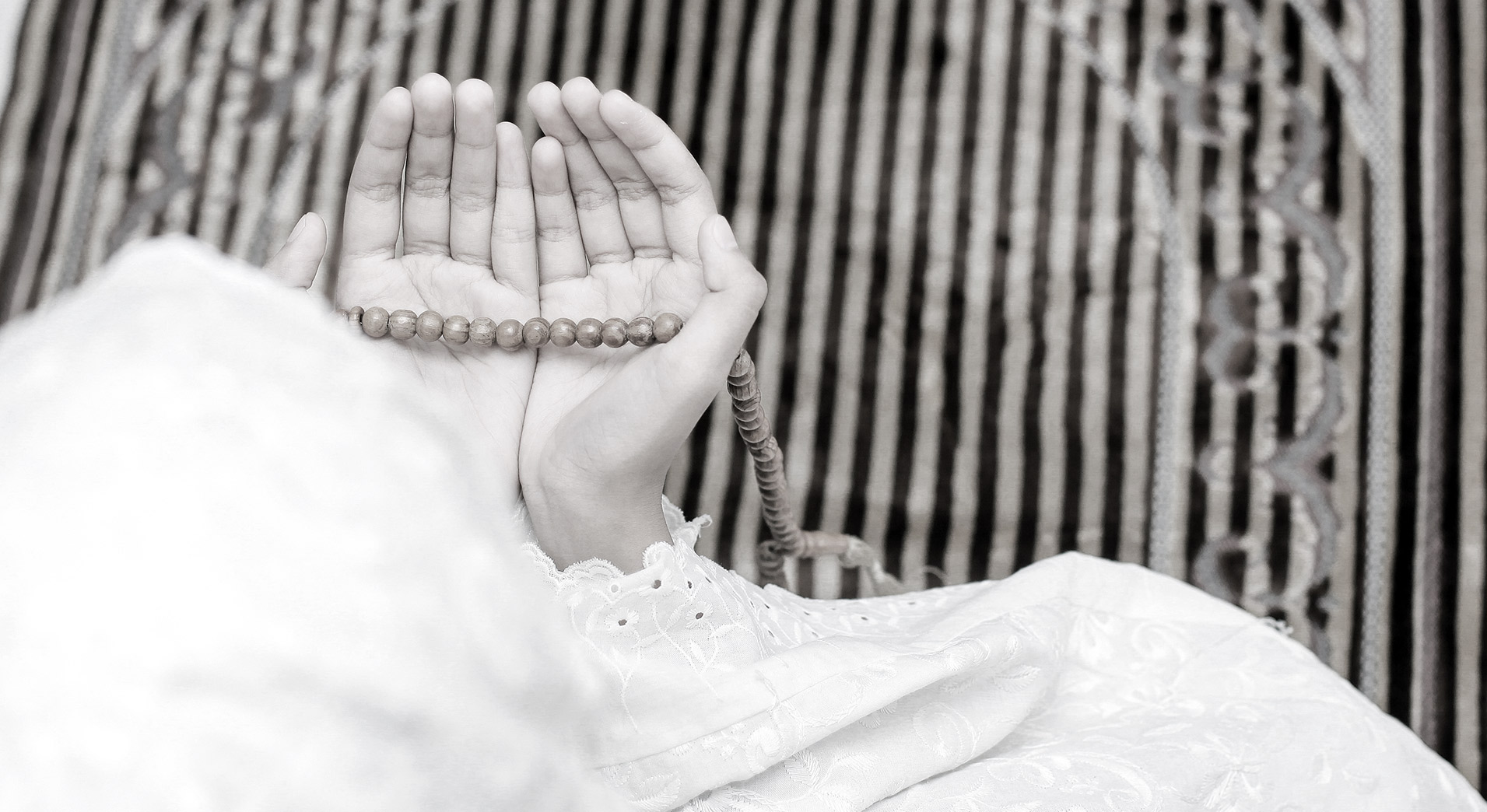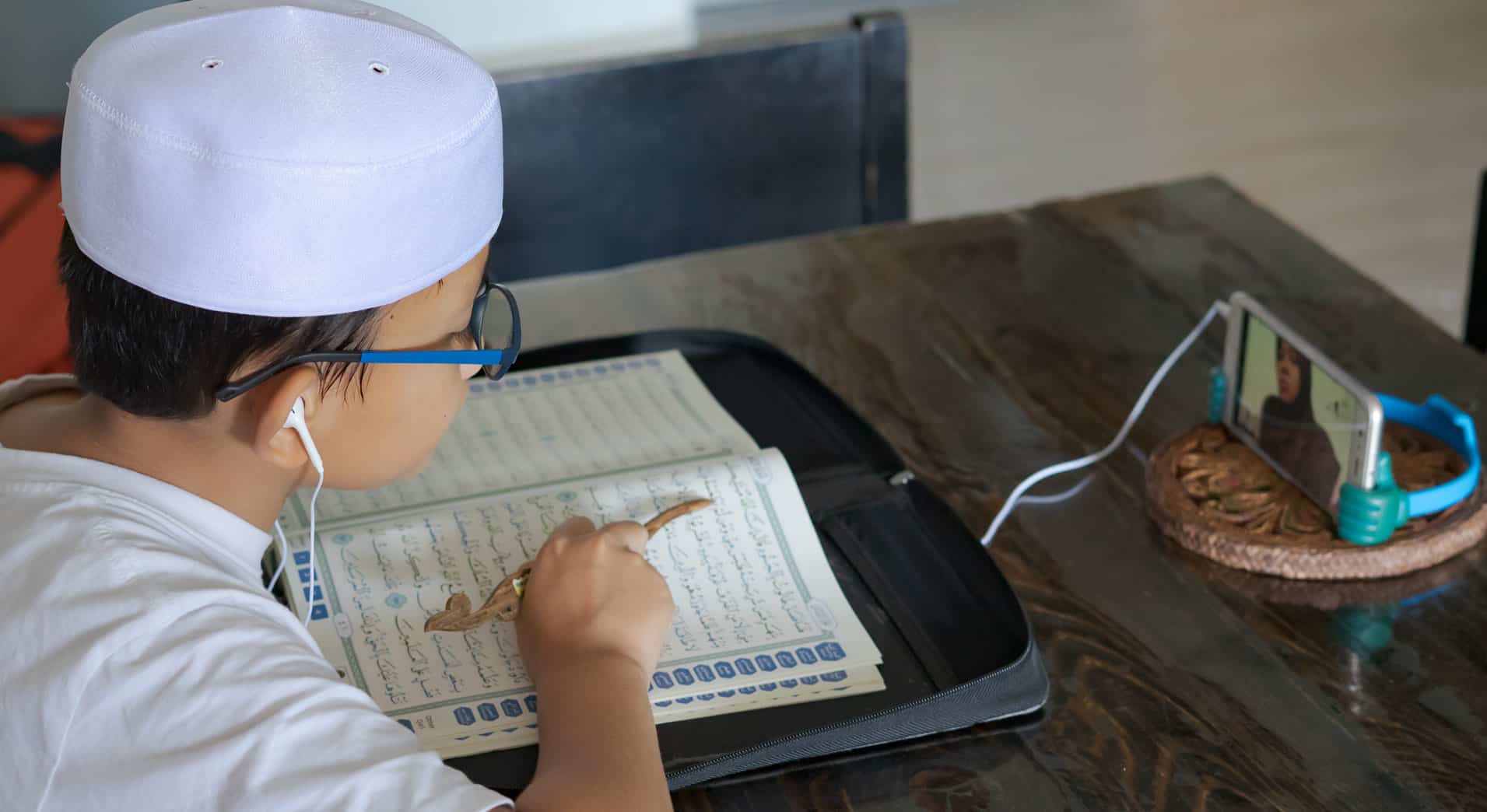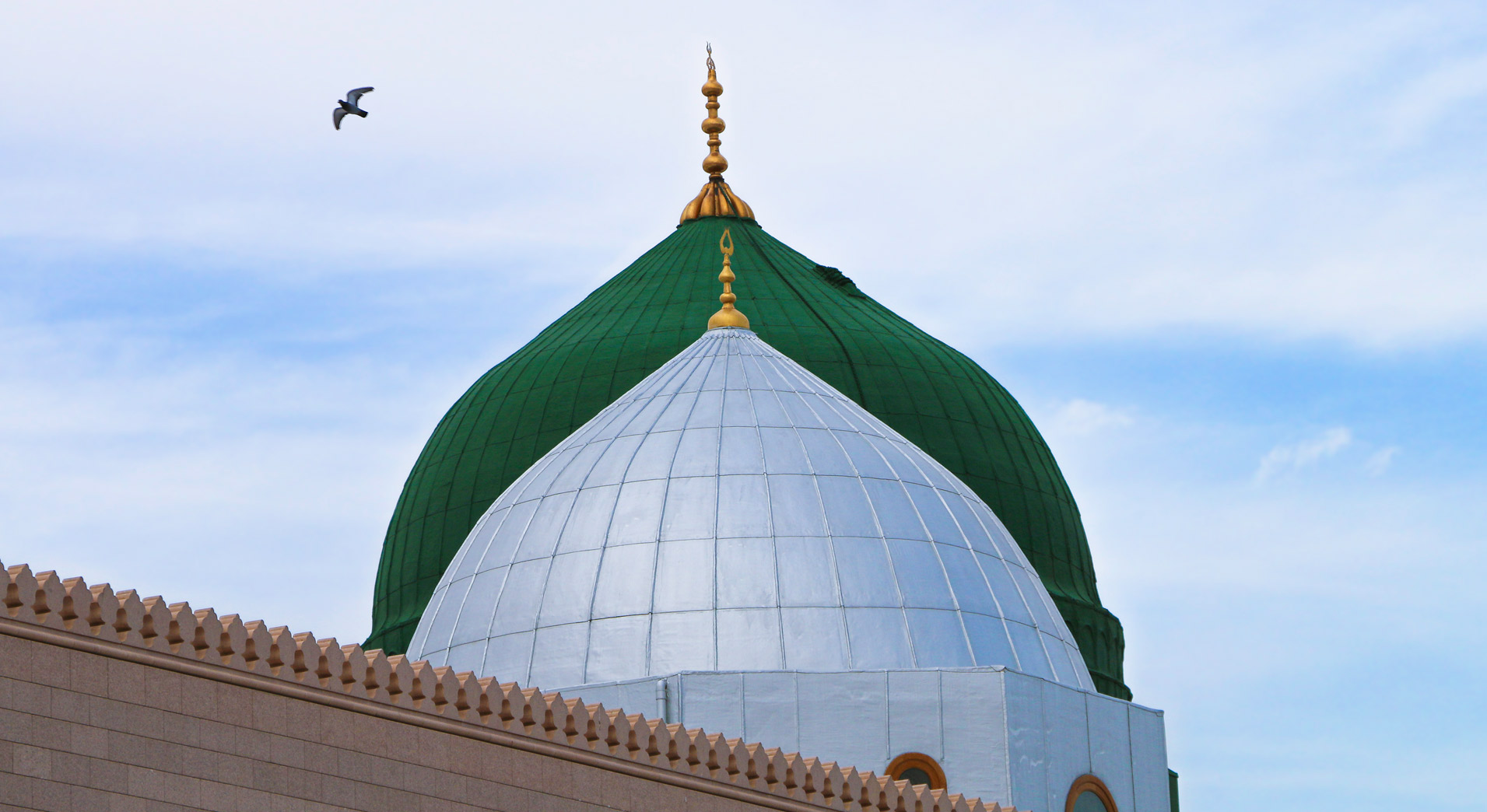In Islam, Dhul Hijjah is the 12th and last month of the lunar calendar. The name Dhul Hijjah means “the possessor of the pilgrimage.” It is a sacred month for Muslims. During Dhul Hijjah, Muslims perform Hajj, a pilgrimage to the holy Kaaba during this month of Makkah. Hajj takes place on the 8th, 9th, and 10th days of this month.
Muslims also celebrate a festival called Eid al-Adha in this month. They sacrifice animals (cow, goat, sheep, camel, etc.) bought with halal money so they can be rewarded by Allah during the blessed days of the year.
Muslims believe fasting in Dhul Hijjah is very beneficial and clears sins. Fasting is an important part of remembering Allah and making the most of it, so fasters should be aware of these details.
WHY DO MUSLIMS FAST IN DHUL HIJJAH:
The month of Dhul Hijjah is very important in the sight of Muslims. Fasting is valued in Islam as a great act of worship. Prophet Muhammad (PBUH) said that there are no deeds as great as the ones done in these 10 days. In another hadith, it is mentioned that there are no days more beloved to Allah than the first ten days of Dhul Hijjah. Also, fasting the initial nine days is equal to fasting a whole year. Abu Hurayrah narrates that the Prophet (PBUH) said: “There are no days more beloved to Allah that He be worshipped in them than the ten days of Dhū al-Ḥijjah, fasting every day of them is equal to fasting a year. And standing every night of them is equal to standing on the Night of Qadr.”IS IT NECESSARY TO FAST IN DHUL HIJJAH?:
It is not necessary to fast during Dhul Hijjah. It is very beneficial but it is not mandatory.BENEFITS OF FASTING IN DHUL HIJJAH:
Fasting in Dhul Hijjah is highly recommended due to its unmatchable significance. The Holy Prophet (PBUH) used to fast in the days of Dhul Hijjah. By fasting in this month, Muslims get the chance to attain the pleasure of ALLAH (SWT). Moreover, they also get their sins forgiven by fasting during this month. ALLAH (SWT) forgives the sins of Muslims in this holy month. He opens the door of repentance and blessings during this month. Fasting is the best way to seek these blessings from ALLAH and protect ourselves from the Hellfire. Some of the benefits of fasting in Zill Hajj are:- Fasting in the month of Dhul Hijjah, especially on the Day of Arafah, removes your past sins of one year and the sins of the coming year.
- It brings you closer to ALLAH Almighty and heals you spiritually.
- Fasting and practicing other good deeds during the month of Zill Hajj are most beloved to ALLAH.
- Fasting develops empathy for those who are less fortunate.
- Fasting makes you patient as you refrain from eating and drinking from dawn to dusk.
HOW TO OBSERVE FASTING IN DHUL-HIJJAH
- Intention (Niyyah): Before starting your fast, make a sincere intention in your heart. Remember that fasting is not just about abstaining from food and drink but also involves refraining from sinful behavior and thoughts.
- Pre-Dawn Meal (Suhoor): Having Suhoor, a meal that is eaten before dawn, is recommended for fasting. This meal provides the necessary energy during the fast. Suhoor itself is a blessed act and Sunnah of the Holy Prophet (PBUH).
- Abstinence: From the break of dawn until sunset, refrain from eating, drinking, and other invalidators of the fast.
- Breaking the Fast (Iftar): At sunset, break your fast with dates and water, following the Sunnah of the Prophet (PBUH). Remember to make dua (supplication) before breaking your fast. The prayers done at the time of breaking fast are accepted by ALLAH (SWT).
WHAT TO PRAY DURING THESE DAYS
Fasting during Dhul Hijjah brings many benefits to Muslims. Besides avoiding food, they pray and recite special prayers to please Allah. It’s recommended to say Takbeer (Allahu Akbar), Tahleel (La Ilaha Ill-Allah), Tahmeed (Alhamdulillah), and Tasbeeh (Subhanallah) a lot during these days, whether at home, in the mosque, on the street, or at work. Remembering and praising Allah this way is considered a good deed.ADDITIONAL ACTS OF WORSHIP
While fasting is highly commendable, combining it with other acts of worship amplifies the rewards. Here are some additional practices to observe during the first ten days of Dhul-Hijjah:- Increased Prayers: Engage in voluntary prayers, including Qiyam-ul-Layl (the night prayer).
- Dhikr: Continuously remember Allah through phrases such as “SubhanAllah,” “Alhamdulillah,” “La ilaha illallah,” and “Allahu Akbar.”
- Charity: Give in charity to those in need. Acts of kindness and generosity are highly rewarded during this time.
- Repentance: Seek forgiveness for past sins and make a sincere intention to avoid them in the future.
 0203-002-6366
0203-002-6366
 1-212-381-1055
1-212-381-1055 61-3-8820-5043
61-3-8820-5043  021-111-279-111
021-111-279-111




